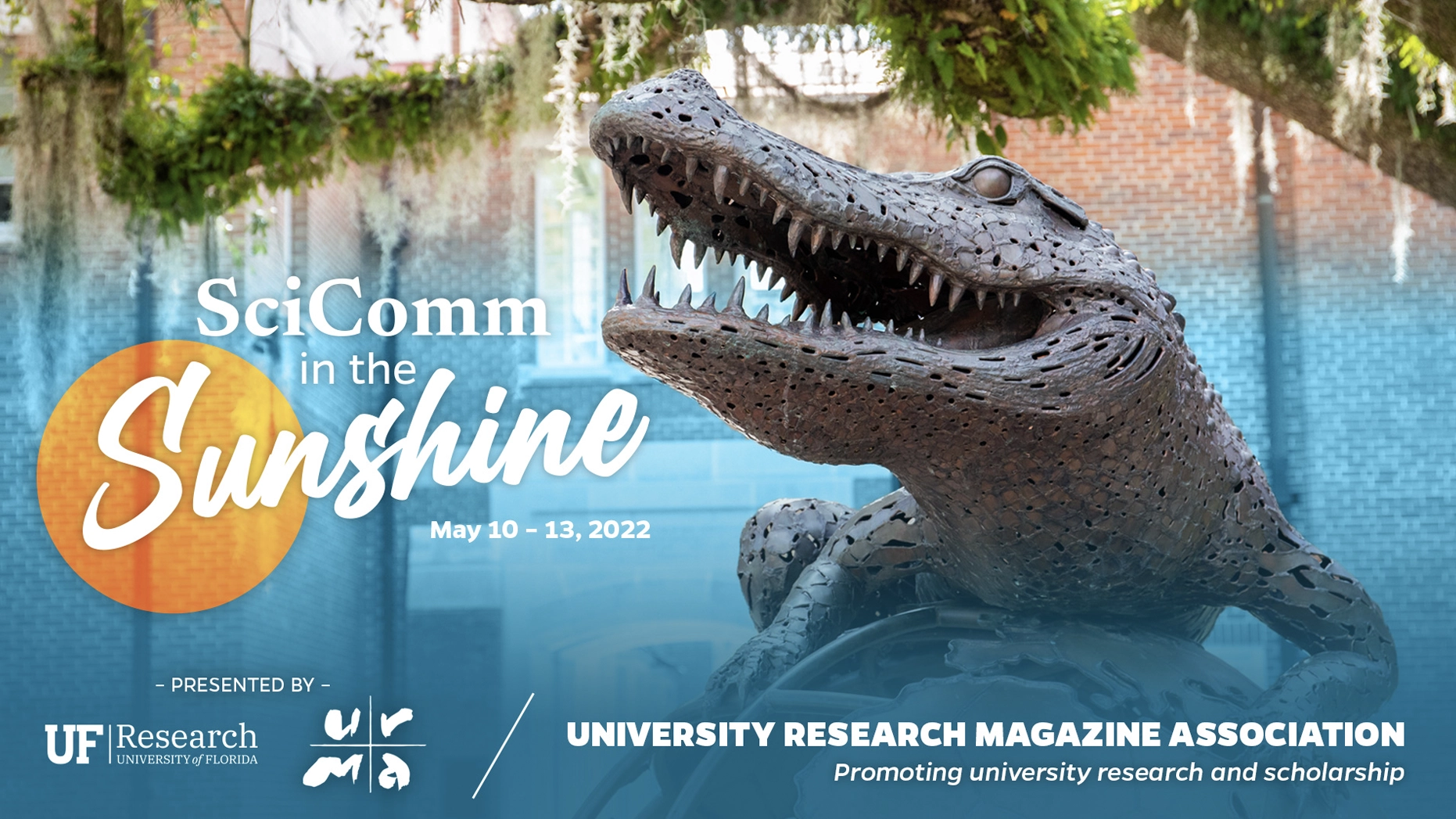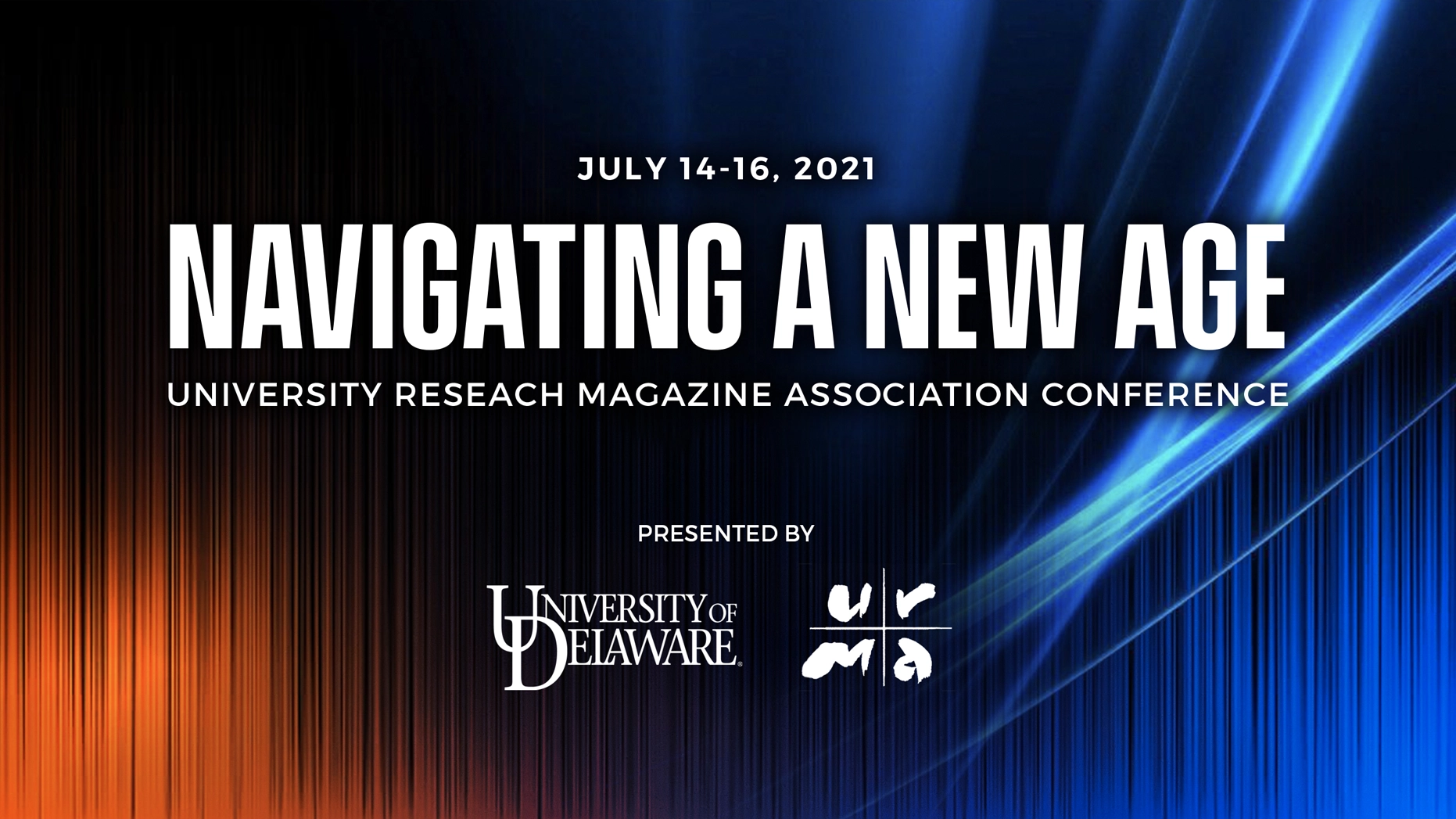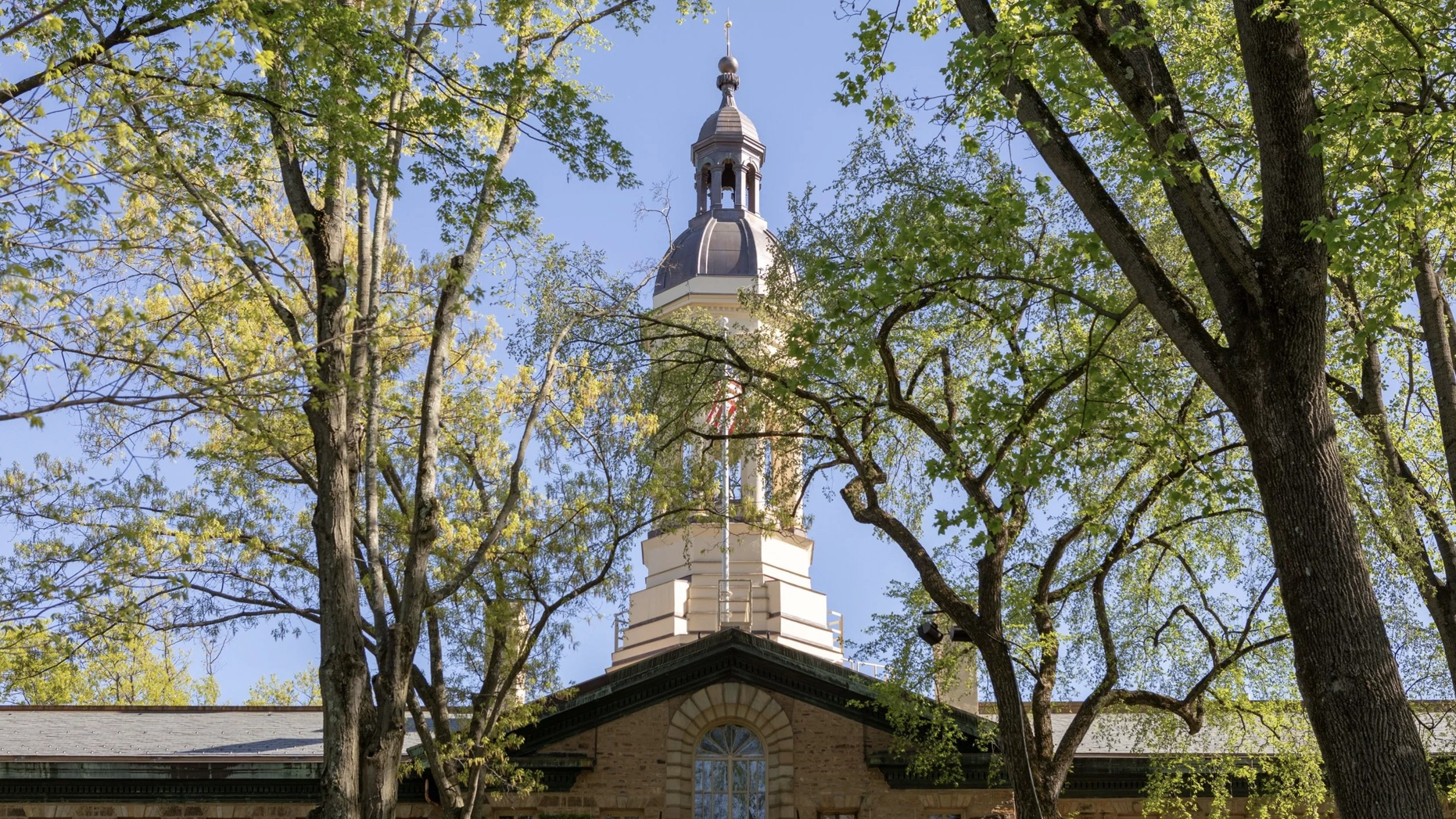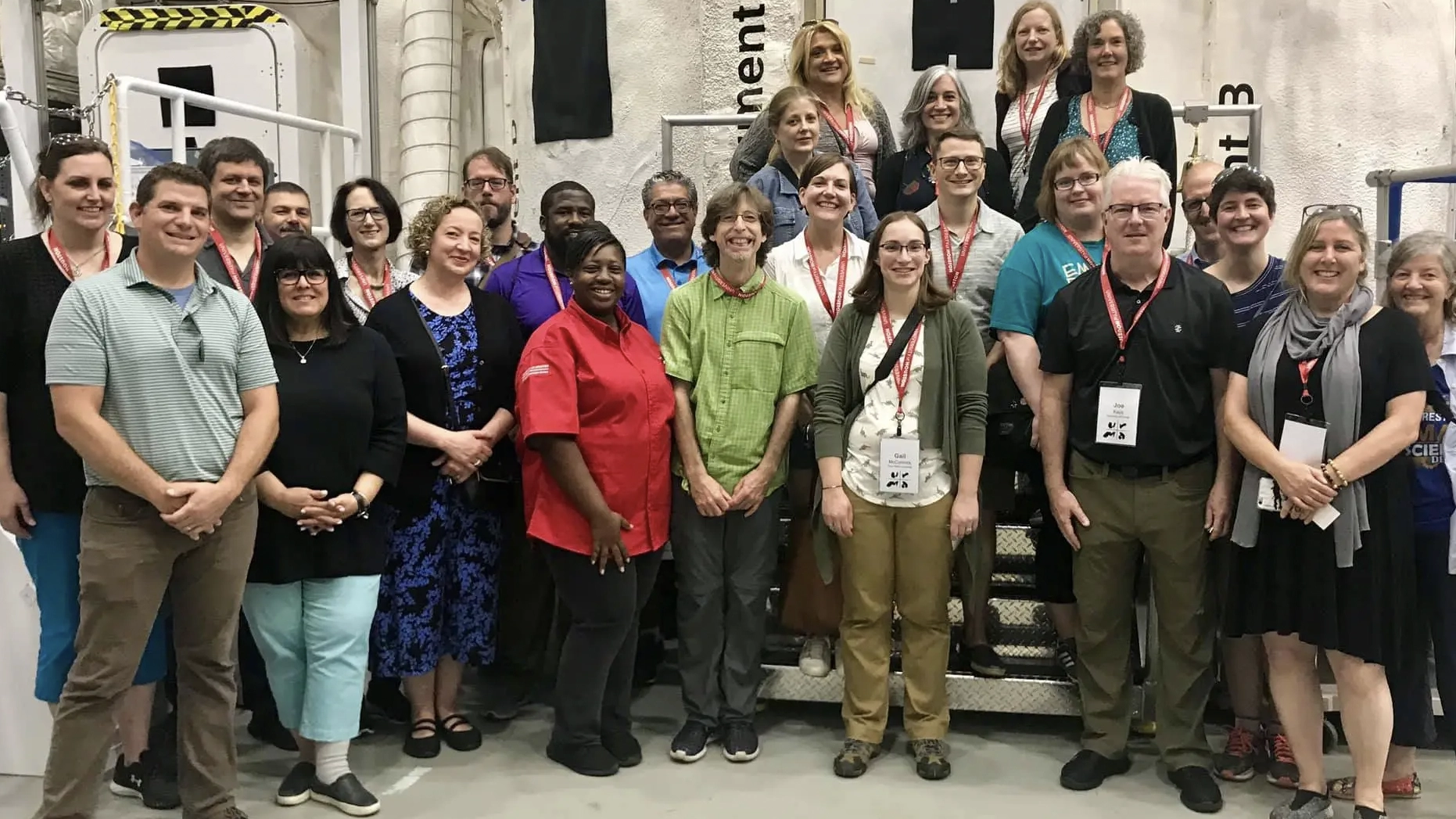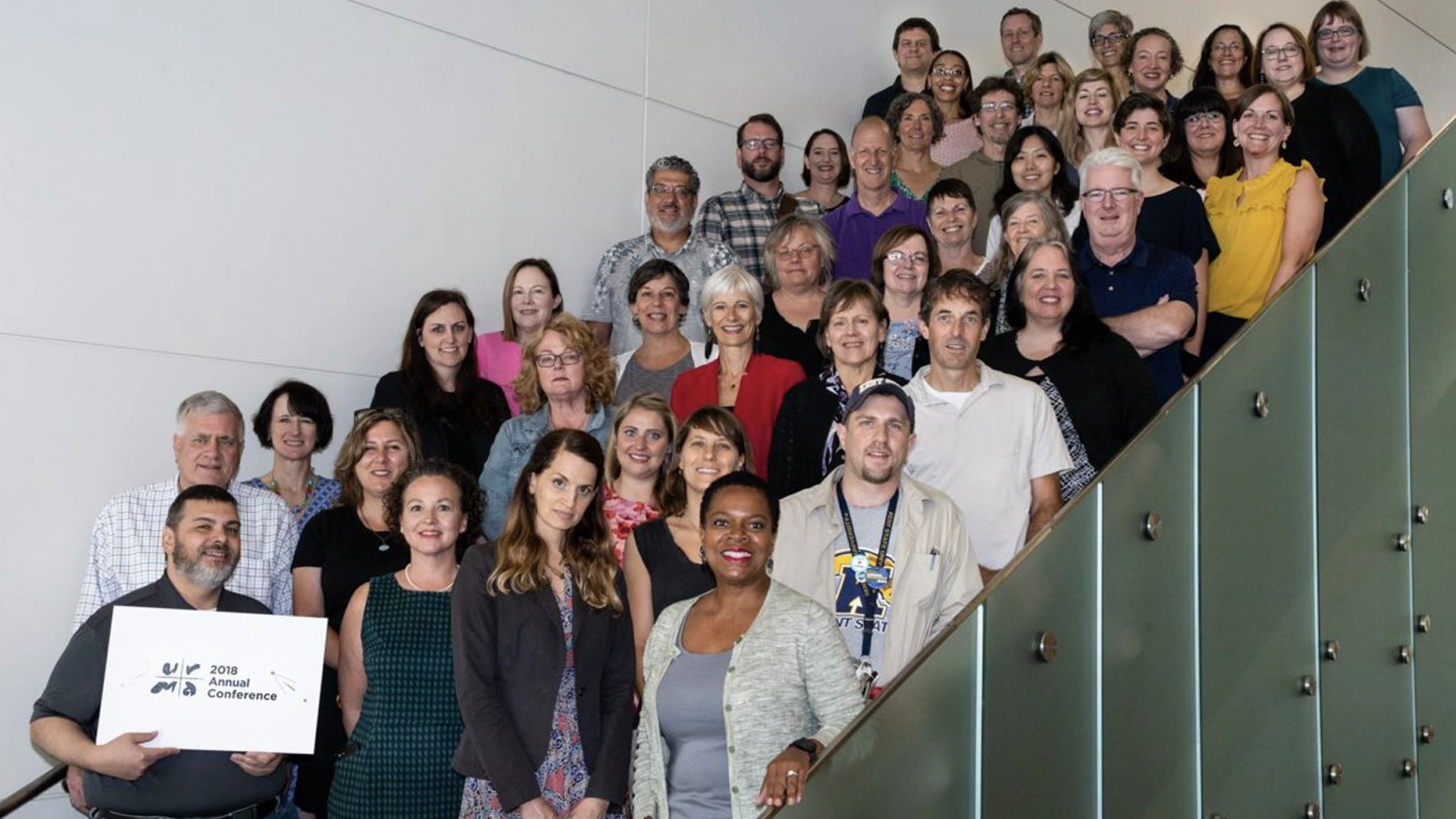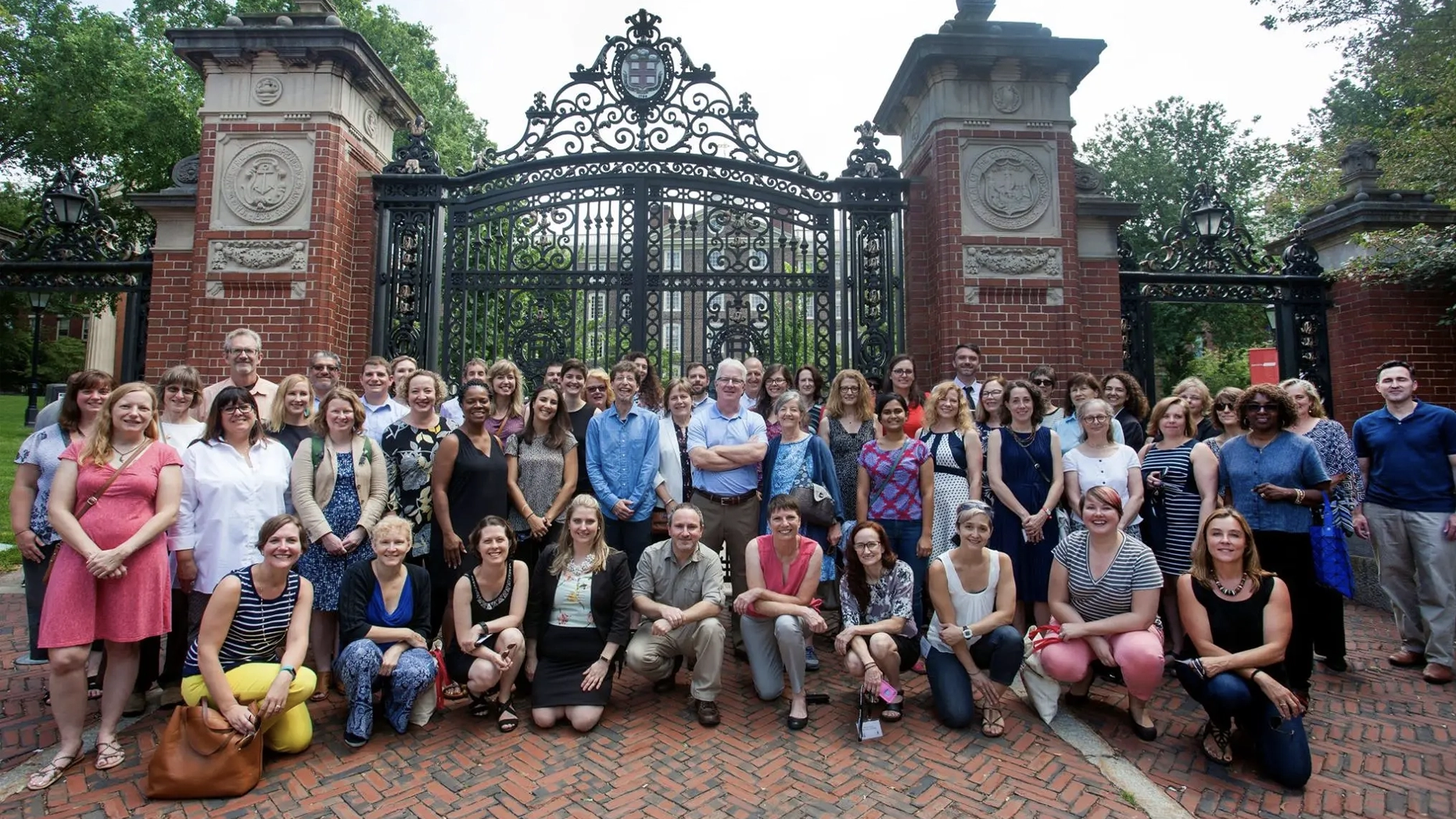URMA CONFERENCE 2020
Hosted Virtually by Princeton University
URMA Conference 2020
Princeton University broke the mold when they hosted the URMA conference virtually in 2020 for the first time. From COVID-19 coverage to #BlackInTheIvory Panel URMA helped connect colleagues from universities and institutions across the country and abroad. Our conference features practitioners in realms such as journalism, design, photography, multimedia and other areas relevant to telling the stories of research. If you communicate about your institution’s research, URMA’s annual conference is for you.
Not a member? Find out how to join URMA.

2020 URMA Host Institution

2020 URMA Host Institution
CONFERENCE SPEAKERS

Wasim Ahmad
MORE

John Besley
MORE
Dr. Besley has published more than 85 peer-reviewed journal articles and book chapters. This work has appeared in high-ranking journals including Risk Analysis, Science Communication, Public Understanding of Science, and the Journal of Risk Research as well as a range of edited volumes. He has received funding from the National Science Foundation, the United States Department of Agriculture, and a range of foundations. He is the associate editor for risk communication for the journal Risk Analysis.
In addition to his regular research, Dr. Besley was the lead author for the 2014, 2016, 2018, and 2020 U.S. National Science Board chapters on public attitudes and knowledge about science and technology. This biennial report-Science and Engineering Indicators-is submitted to the executive branch and Congress and represents the definitive statement on Americans’ views about S&T.
Dr. Besley earned his Ph.D. in Communication from Cornell University in 2006 and both master’s (Public Administration, 2000), and bachelor’s (Journalism, 1998) degrees from Carleton University in Ottawa, Canada. Prior to his Ph.D., Dr. Besley served as a policy analyst with Environment Canada’s Policy and Communication’s division working on international environmental issues. He was made a fellow of the American Association for the Advancement of Science (AAAS) in 2018, and received the “Under 40″ Award” from the Association for Education in Journalism and Mass Communication in 2013.

Katie Mack
MORE
#BLACKINTHEIVORY PANEL

Brian Burt
MORE

Keshawn Ivory

Juita Martinez
MORE

Makeda Stephenson
MORE
COVID-19 COMMUNICATIONS PANEL

Sharon Begley

Natalie Dean


